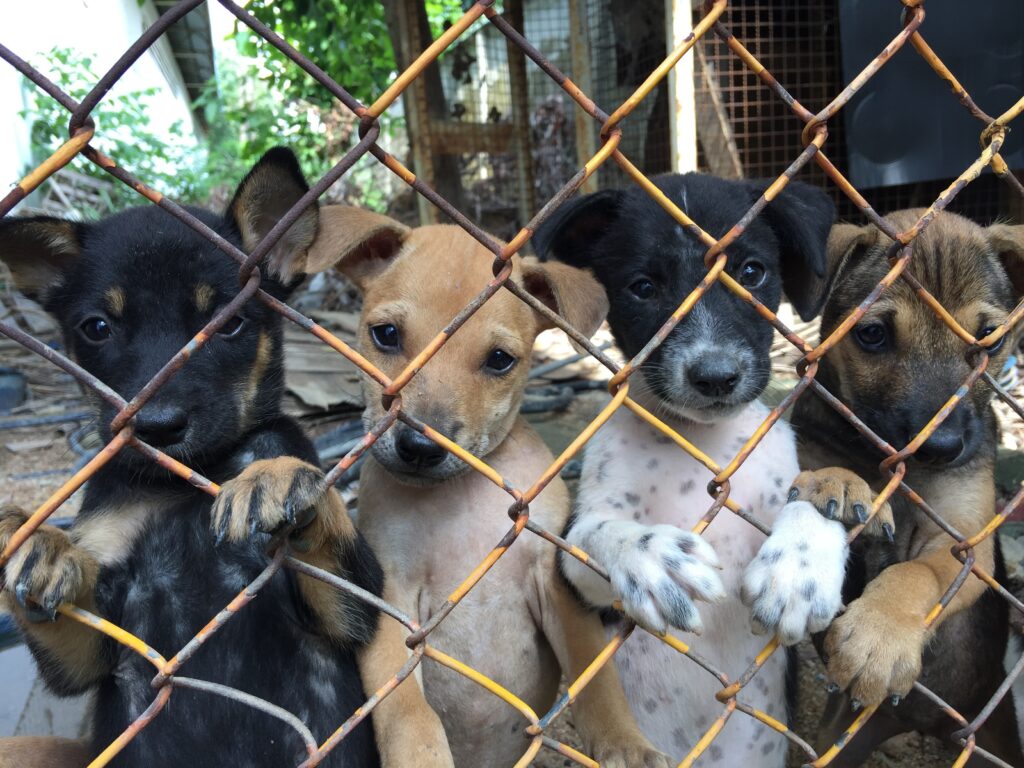When breeders have puppies that they don’t sell, the outcomes can vary widely depending on the breeder’s practices, ethics, and whether they operate responsibly or not.
Here’s what generally happens…
Return to the Breeder
- In some cases, responsible breeders will keep the unsold puppies until they find a suitable home, or they may place them with trusted families or friends. Some breeders may even spay/neuter the puppies and keep them as pets or future breeding prospects.
Sold to Other Breeders or Pet Stores
- Irresponsible breeders may try to sell unsold puppies to other breeders or puppy mills. In some cases, unsold puppies end up in pet stores, which often source puppies from questionable breeders.
Rehoming through Shelters or Rescues
- Some breeders, particularly those focused on ethical breeding, may rehome unsold puppies through animal shelters or rescue organizations to find good homes. This is more common with breeders who prioritize the welfare of the animals.
Euthanasia
- Unfortunately, some unethical breeders, especially those operating puppy mills, may euthanize unsold puppies. This can happen for various reasons, including overcrowding, health issues, or simply because the breeder cannot sell the puppies.
Abandonment
- In some extreme cases, puppies that don’t sell may be abandoned or dumped, either by the breeder or by people who no longer want to care for the animals. This is more common in irresponsible and inhumane breeding operations.
Poor Living Conditions or Neglect
- Unsold puppies in puppy mills or irresponsible breeding operations might face neglect, suffering from poor conditions or lack of proper care, even if they aren’t euthanized or abandoned.
The fate of unsold puppies largely depends on the breeder’s ethical standards. Responsible breeders will ensure puppies find loving homes, while unethical breeders might resort to neglect, rehoming to pet stores, or worse, euthanasia. Always research breeders thoroughly to ensure they are committed to animal welfare.
